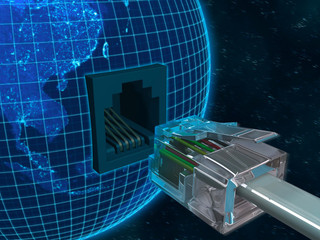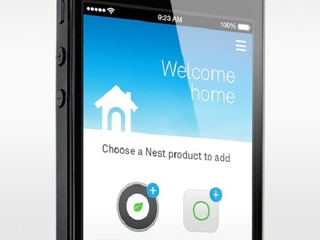
Nest reports its incentive programs cut energy by 55%
Nest says programs to reduce energy resulted in big savings, but others say devices are faulty

Last week, at Vator Splash Oakland, I moderated a panel on the Internet of Things, in which I asked a panel of experts if one of the big selling points for people to buy a Nest thermostat, and Internet of Things devices in general, is the fact that it can save people money.
Not everyone on that panel agreed, but I really believe that are more than the control it allows or the design of the device, it is those cost savings that will get people to really pay attention to this space
If companies can prove that it can actually make a difference on the user's monthly heating and electricity bill and that will make the investment worth it. And, hey, wouldn't you know it, that's exactly what Nest has just done!
In April of last year, Nest introduced two incentive programs, called Rush Hour Rewards and Seasonal Savings. Now, a little more than a year later, the results are in and Nest says that they were a big success.
Rush Hour Rewards helped customers reduce the amount of energy from air conditioning loads by 55% last summer, while Seasonal Savings leads to the air conditioners reducing their running time by almost 5%, the company revealed on Thursday.
“In just one year, Nest energy services have achieved significant savings – and we’ve managed to do this without compromising customer comfort,” said Tony Fadell, Nest founder and CEO, said in a statement.
In fact, according to Fadell, both programs were a big hit with users as well, with 84% of Rush Hour Rewards customers, and 89% of Seasonal Savings customers, saying that they were happy with the results.
"This is critical to the adoption and ultimate success of these programs," he said.
Here is how the two programs work: The Rush Hour Rewards program allowed customers to earn between $20 and $60 from their energy provider if they took advantage of incentives to use less during peak times. Nest partnered with energy companies for the program, including Reliant, Green Mountain Energy, Austin Energy and Southern California Edison.
The Seasonal Savings program, meanwhile, allows the Nest thermostat to make adjustments on its own, based on the users schedule and preferences, in order to reduce the amount of energy they use.
'Over time, everyone gets settled into a schedule - we get used to the temperatures we’ve set and miss the energy-saving tweaks that could shave down our bills," Nest explains on its website. "So Seasonal Savings can give your schedule a tune-up in the early summer or winter. Seasonal Savings will automatically tweak some temperatures in your schedule to make them more efficient, while still keeping you comfortable."
Seasonal Savings, as the name suggests, is available twice a year: in the summer and winter, where it will adjust the heat settings rather than the air conditioner.
In addition to the results, Nest also announced that it has added five new partners to the Rush Hour Rewards program, in addition to its 12 existing companies: npower, Columbia Gas of Ohio, ComEd, CPS Energy and Direct Energy.
It should be noted, of course, that not everybody is so happy with the results that they get from the Nest thermostat. In fact, there was even a class action lawsuit filed in March. The defendants are claiming that the readings on the devices are actually up to 10 degrees higher than they say they are, due to a defect that causes the base and faceplate to heat up.
(Image source: support-assets.nest.com)
Related News


Nest gives big upgrades to its Thermostat and apps

Nest CEO: any privacy changes will be transparent

Microsoft and Google hone in on the Internet of Things


